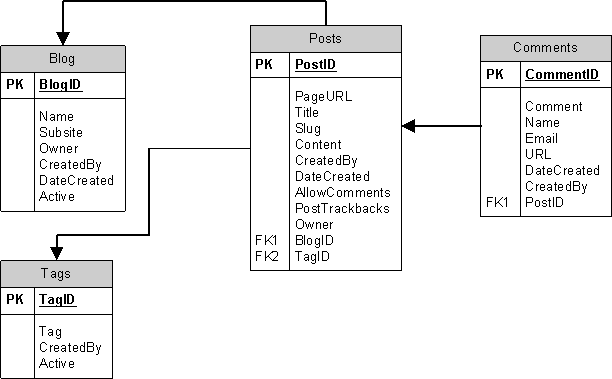Difference between revisions of "Blogs"
From ADF Docs
| Line 1: | Line 1: | ||
| − | |||
| − | |||
| − | |||
| − | |||
| − | |||
| − | |||
| − | |||
| − | |||
=Overview= | =Overview= | ||
Blogging in CommonSpot should be as simple and easy as managing events. Users should be able to add/modify/delete and reuse blog content easily. The reworking of the original blog application will build upon the lessons learned and take advantage of new ADF features. | Blogging in CommonSpot should be as simple and easy as managing events. Users should be able to add/modify/delete and reuse blog content easily. The reworking of the original blog application will build upon the lessons learned and take advantage of new ADF features. | ||
Revision as of 17:40, 24 November 2010
Contents
Overview
Blogging in CommonSpot should be as simple and easy as managing events. Users should be able to add/modify/delete and reuse blog content easily. The reworking of the original blog application will build upon the lessons learned and take advantage of new ADF features.
Getting Started
Requirements
- Each blog post should have their own page.
- Each blog should belong to a subsite.
- Tags should be used for both categorization and page metadata (keywords).
- Blog posts should have the option to display comments (or not)
- Blogs should be managed from a central administrator.
Technical Specs
- Custom Field type for categories should preform better than the previous application.
- Calendar Element will be handled similar to Events element using a RH on the Blog Element with the proper filter.
- Creating a blog post will use the Add Blog Post Custom script which will create the page similar to the way the American AUpedia application is completed.
- In the Add Blog Post functionality a CS CFT Subsite would be used to create a new subsite for the new blog.
Elements
Scenarios
Potential
- Move Blog
